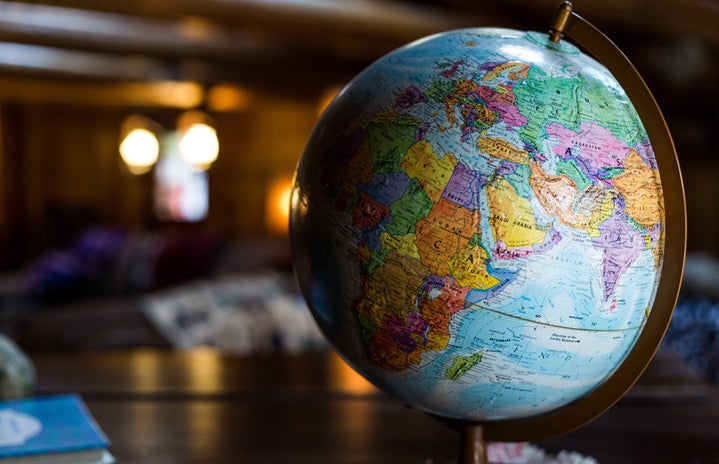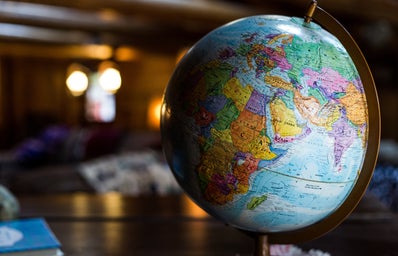On Sunday, Oct. 31, 2021, headlines flew when Tesla CEO Elon Musk announced that he would donate $6 billion to the United Nations to solve world hunger.
The director of the UN’s World Food Programme (WFP), David Beasley, told CNN that billionaires like Elon Musk and Amazon founder Jeff Bezos could help solve world hunger with just a small percentage of their wealth.
This means that with Musk’s net worth of around $316.5 billion, only two percent of his wealth would “…help 42 million people who are literally going to die if we don’t reach them,” according to Beasley.
Musk then eventually tweeted, “If WFP can describe on this Twitter thread exactly how $6B will solve world hunger, I will sell Tesla stock right now and do it.”
He then added another condition—that the public must be able to see exactly how the $6 billion is spent on world hunger. “Sunlight is a wonderful thing,” Musk said.
Beasley then chimed in on the Twitter thread, explaining that the CNN headline was not accurate.
Beasley noted, “[$6 billion] will not solve world hunger, but it will prevent geopolitical instability, mass migration and save 42 million people on the brink of starvation. An unprecedented crisis and a perfect storm due to Covid, conflict, climate crises.”
He offered to meet with Musk to discuss the donation saying, “I can be on the next flight to you. Throw me out if you don’t like what you hear!”
According to CNN, the WFP estimates that 22.8 million people in Afghanistan alone face “an acute hunger crisis,” and that 5.2 million people in the Tigray region are in “urgent need of food assistance.”
Both Musk and Beasley received criticism for their remarks in the Twitter thread.
Professional boxer Phil Lo Greco critiqued Beasley’s response when he tweeted, “You literally did not reply to his request you said absolutely nothing, don’t blow this chance and describe how this will save world hunger, don’t request a meeting without giving details in public.”
Musk received criticism as well. Laurie Harding tweeted that this was not a complicated issue.
Harding said, “Tax the rich a little more proportionally and stop pretending that philanthropy makes having billionaires exist any more sustainable for humanity.”
Musk is often the source of public backlash regarding his abundance of wealth. Back in April, Los Angeles Times columnist Micheal Hiltzik called Musk a “cheapskate” for his $150 million donation (eight-hundredths of a percent of his net worth), and just yesterday, Nov. 2, the New York Times ran an opinion piece called “On Elon Musk and the Dangerous Power of Insecure Billionaires.” Forbes gives Musk a philanthropy score of one out of five, based on the percentage of his wealth he has given away—less than one percent.
Musk’s wealth has expanded rapidly, given that in March of 2017 he was worth $13 billion.
Want to see more HCFSU? Be sure to like us on Facebook and follow us on Instagram, Twitter, TikTok, YouTube and Pinterest!

